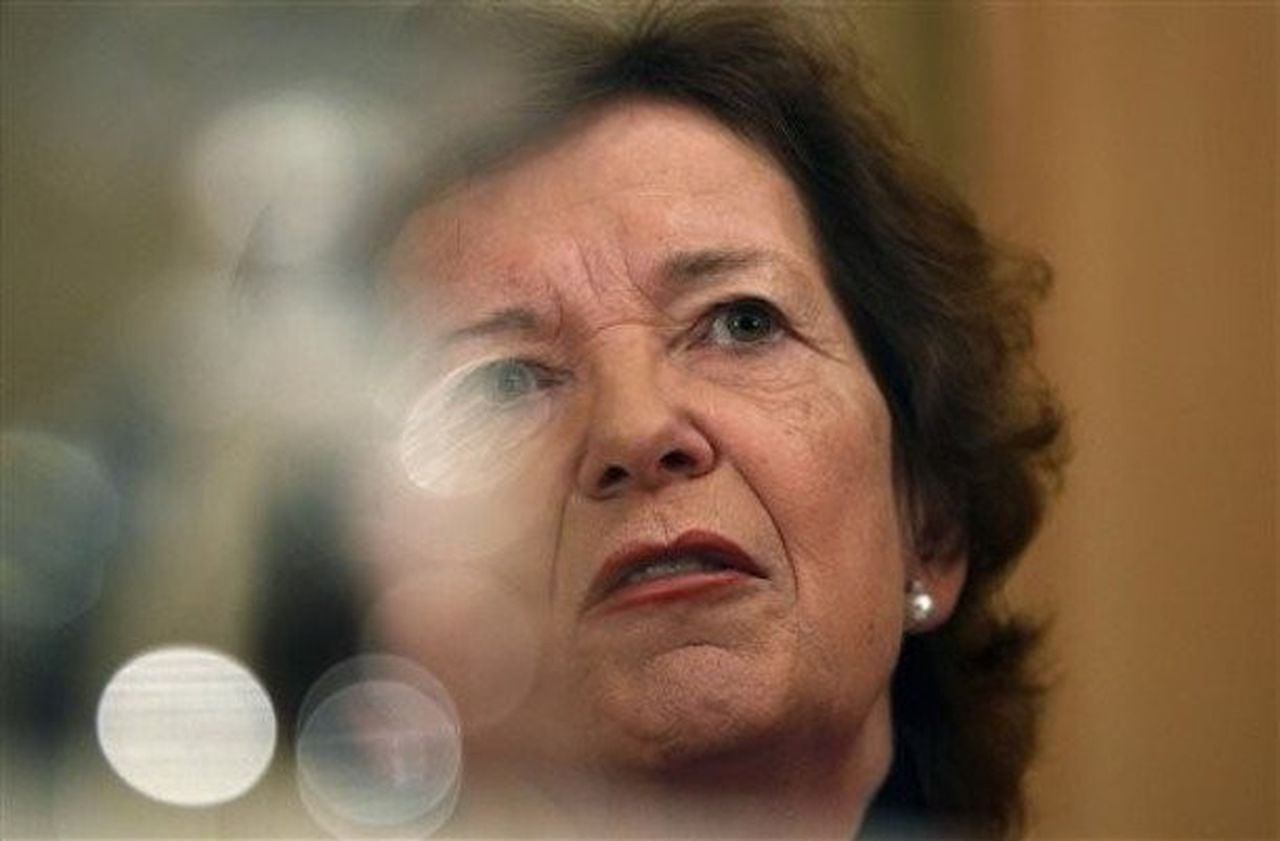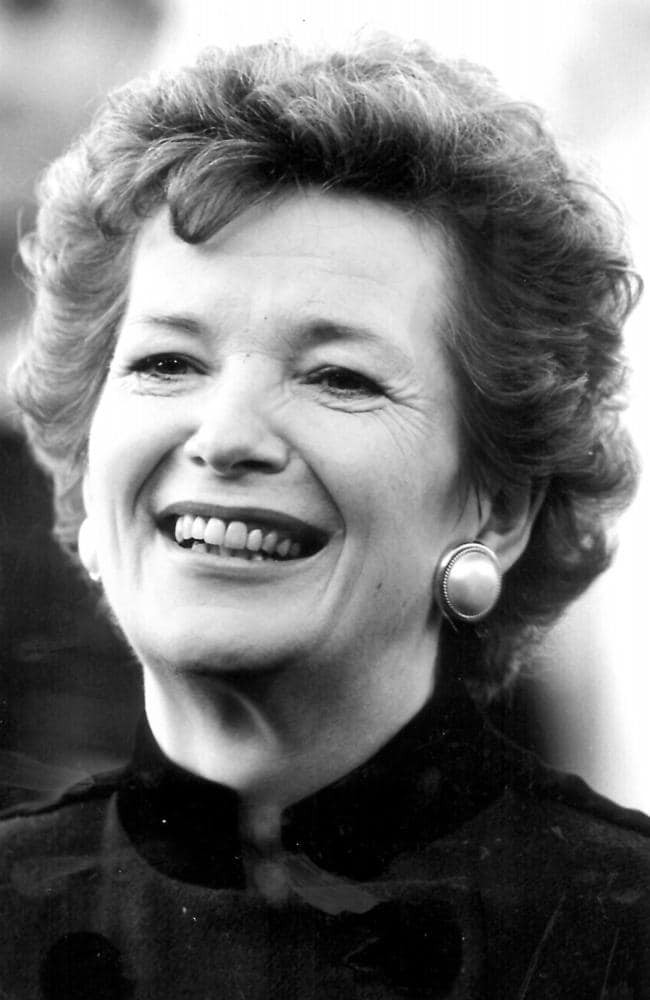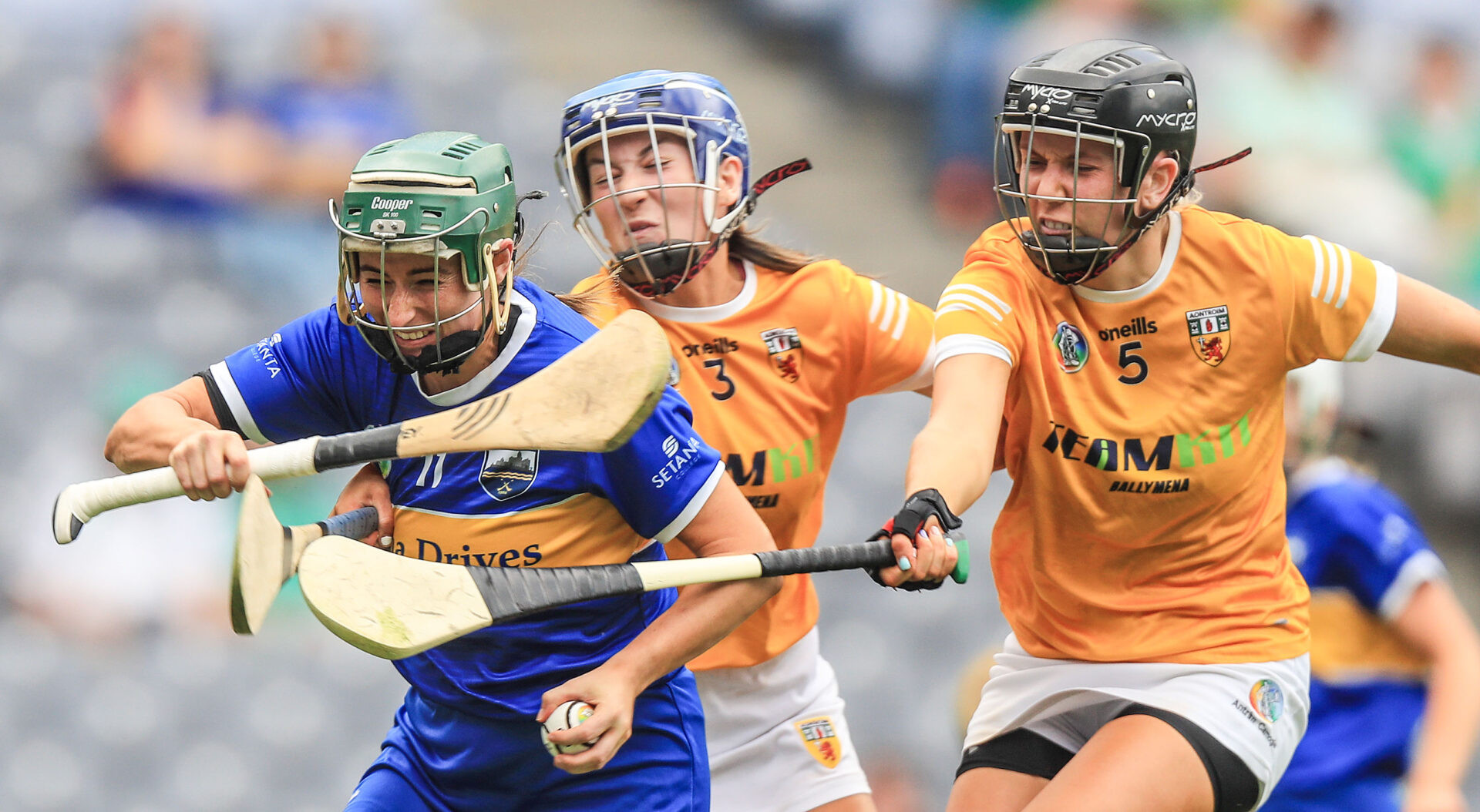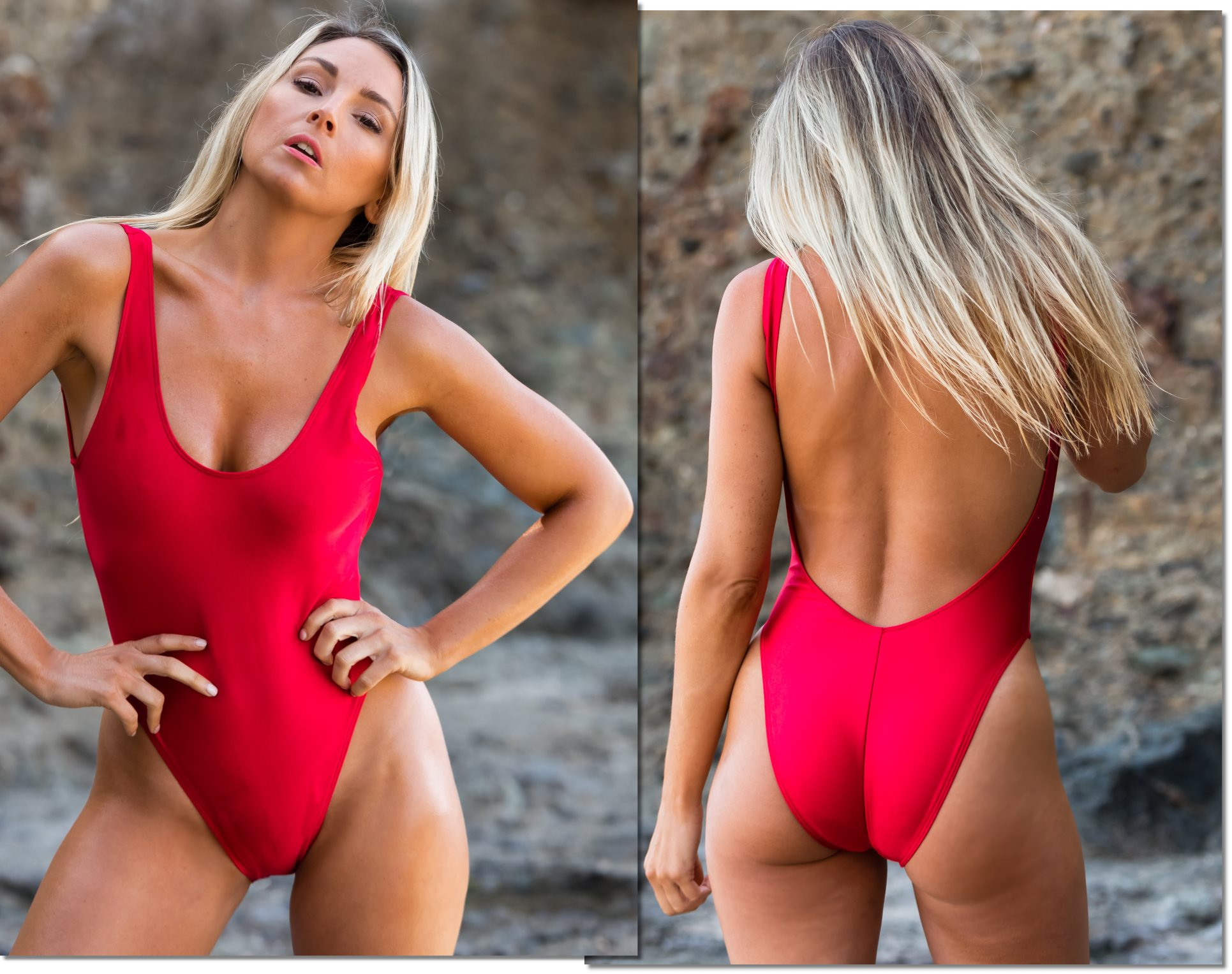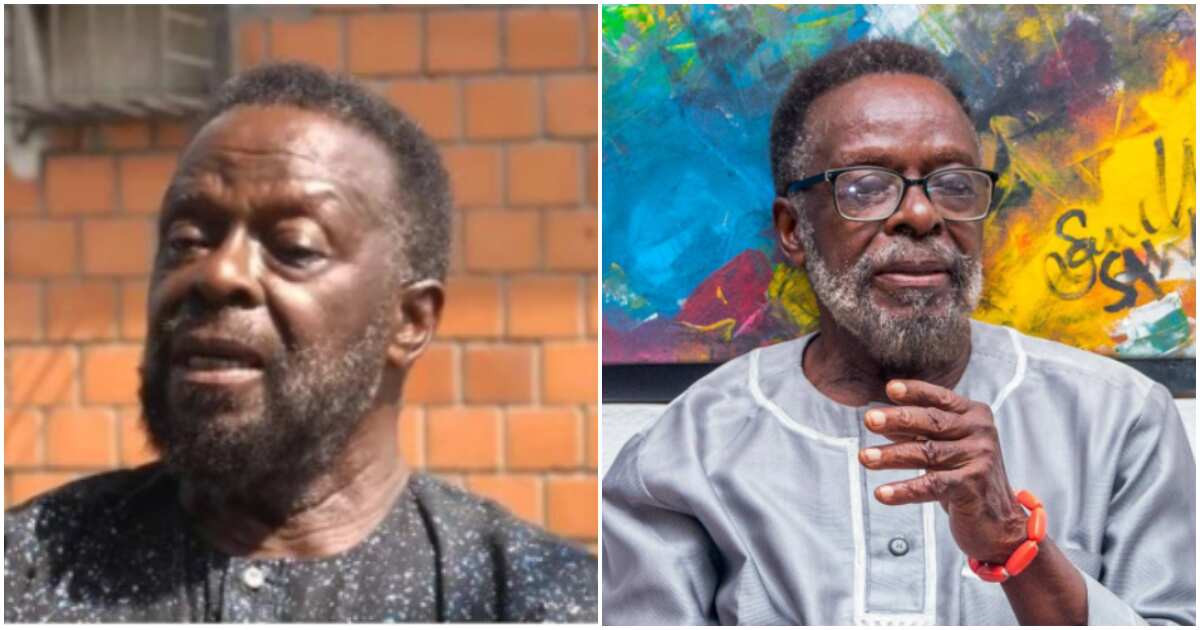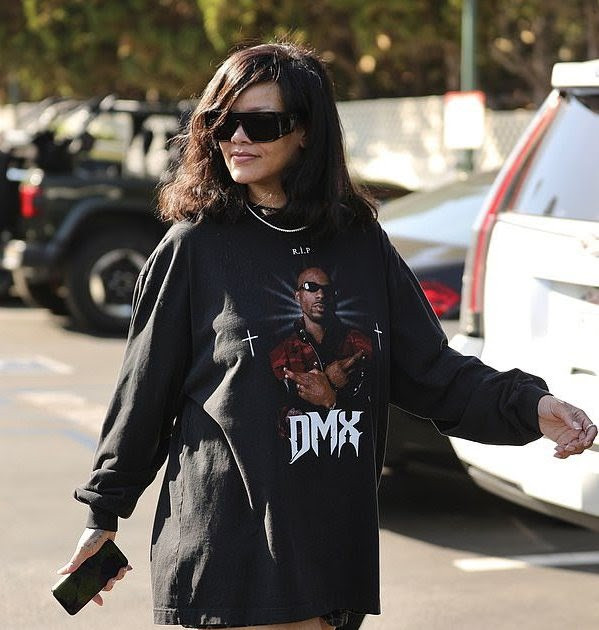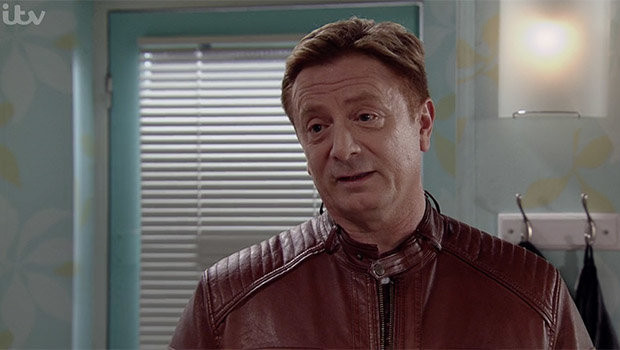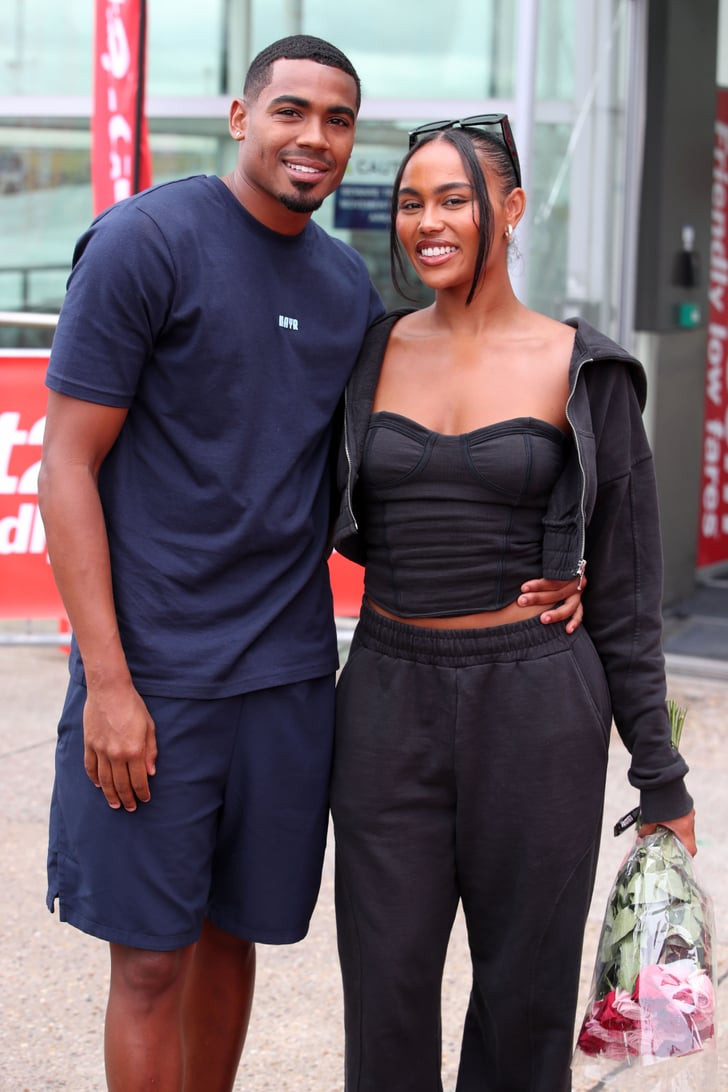With just 94 minutes on the clock, Mrs Robinson sets itself a near-impossible challenge. Informative and engaging, Aoife Kelleher’s film is, essentially, a lovingly crafted profile of Ireland’s first female president. There are highs and lows, celebrations and commiserations. Mary Robinson tells her story, in her own words, and it’s a hell of a yarn. It’s also the story of contemporary Ireland, and therein lies the challenge.
That’s an epic tale and too big, perhaps, for an hour-and-a-half feature documentary. Some issues are bound to slip out of focus; others might get in the way. Would Mrs Robinson have worked better as a mini-series? Maybe. Does it succeed in its current format? For the most part, yes. It’s OK to be conflicted about these things. Documentaries are notoriously difficult to make, but Mrs Robinson embraces these difficulties with a breezy, charismatic confidence.
It sets out its stall with panache. Warm, gracious and articulate throughout, Robinson brings us back to her childhood home in Ballina, Co Mayo. This is the house she grew up in, where she spent hours sitting by the window, staring out over the River Moy “dreaming dreams” of a future that had not yet been decided. Her future, Ireland’s future; they would go hand in hand.
Mrs Robinson, then, is a film about looking back, about holding up a mirror to the past and examining all the things we got right – and some of the things we wish we had done differently. It flies along. Never-before-seen home videos fold into grainy images of a teenage Mary Bourke studying law at Trinity. In the late 1960s, Mary is awarded a fellowship to attend Harvard Law School – along the way, she encounters a rebellious cartoonist named Nick Robinson. A loving friendship eventually blossoms into a giddy romance. Mary’s parents disapprove, but Nick is to be her husband, her lifelong partner and – as this film occasionally reminds us – her rock.
It will hardly come as a surprise to hear Kelleher’s documentary is at its best when providing a snappy, vibrant collage of Robinson’s electrifying presidential campaign. Kelleher paints a tidy picture of this extraordinary era. The old-school Fianna Fáil boys didn’t see it coming. They didn’t expect the public to get behind Robinson, and to turn their backs on Charles Haughey and Brian Lenihan.
Robinson’s victory marked the beginning of a new Ireland. Within three years of her inauguration, homosexuality was finally decriminalised. Within six years, the ban on divorce was lifted following a referendum. As a lawyer and a senator, Robinson went above and beyond; as president of Ireland she helped create a better country.
Mrs Robinson does not shy away from critical questions. Powerful, influential figures aren’t usually quick to admit their shortcomings but there are no such concerns here, and Kelleher examines the rocky period towards the end of Robinson’s presidential tenure, when she was appointed United Nations High Commissioner for Human Rights. The former secretary general of the UN Kofi Annan wanted her on the job as soon as possible, and so Robinson resigned from her presidential post in September 1997, three months before she was supposed to step down. Not the smartest move, and here Robinson admits she should have finished out her term.
What holds this ambitious account in place is its central storyteller. She also revisits the infamous Princess Latifa episode. In 2018, Robinson gave an interview to the BBC in which she described Dubai’s Sheikha Latifa as a “troubled young woman”. Unbeknownst to Robinson, however, Latifa – who had tried to escape Dubai – was being held against her will by her father, Sheikh Mohammed bin Rashid Al Maktoum, prime minister of the UAE. Invited to a family lunch, Robinson was misinformed about the princess’s wellbeing. Kelleher’s film gives her another chance to explain and apologise.
Not a full-on hagiography, then. The film’s biggest flaw is that it crams in more than it can handle. Kelleher showcases Robinson’s ongoing human rights activism, and her tireless climate justice campaign. These are worthy additions, for sure, but it all starts to feel a little hurried, a little messy.
What keeps us glued and holds this ambitious account in place is its central storyteller. When Mrs Robinson talks, the rest of us listen. That’s how it will always be.
A Look at Robinson's Career
Mary Robinson first gained widespread attention as a reforming constitutional lawyer and senator, before creating a political earthquake by winning the Irish Presidential election in 1990. As UN High Commissioner for Human Rights, she cemented her legacy by challenging human rights abuses globally. Today, she continues to wield influence as Chair of The Elders—a group of global leaders founded by Nelson Mandela—and as a leading voice in climate justice through Project Dandelion, a women-led initiative addressing climate change.
A Look at the Documentary
Mrs Robinson—directed by Aoife Kelleher and produced by Cormac Hargaden and Trisha Canning for Loosehorse—delivers Mary Robinson’s story in her own words for the first time. The documentary chronicles her tireless battles for justice over more than 50 years, from the streets to the courts, the ballot box, and the corridors of power. The film will open nationwide on August 23rd, offering audiences an intimate look at Robinson’s extraordinary life and contributions.
The Exhibition
This special exhibition offers the public a rare glimpse into the remarkable archive of Mary Robinson, one of Ireland’s most influential and respected figures. Earlier this year, Mary Robinson—former President of Ireland and a pioneering advocate for human rights—marked her 80th birthday. To honour this milestone, the University of Galway, custodian of Robinson’s extensive archive, has curated a selection of materials that both inspired and feature in the documentary MRS ROBINSON.
The exhibition showcases a rich collection of materials spanning over six decades of Robinson’s distinguished career. Visitors will have the opportunity to explore reproductions of documents and artifacts from her time as a barrister, legislator, senator, and professor, as well as her tenure as President of Ireland. The archive also includes materials from her global roles, including UN High Commissioner for Human Rights, UN Special Envoy for the Great Lakes and Climate Change, Chair of The Elders, and founder of Realizing Rights and the Mary Robinson Foundation – Climate Justice.
Curated by Niamh Ní Charra, project archivist at the University of Galway, this mini-exhibition brings to life the profound impact of Robinson’s work and her ongoing legacy in the fight for justice and equality. The exhibition is open to the public at Pálás Cinema from 21st of August to September 4th.
A Legacy of Change
The documentary Mrs Robinson is a testament to the enduring legacy of Mary Robinson, a woman who has dedicated her life to fighting for justice and equality. It is a film that will resonate with audiences of all ages and backgrounds, offering a glimpse into the life of one of Ireland's most remarkable figures. With its focus on Robinson's career, her personal journey, and her unwavering commitment to making a difference, Mrs Robinson is a film that is sure to inspire and challenge viewers.




